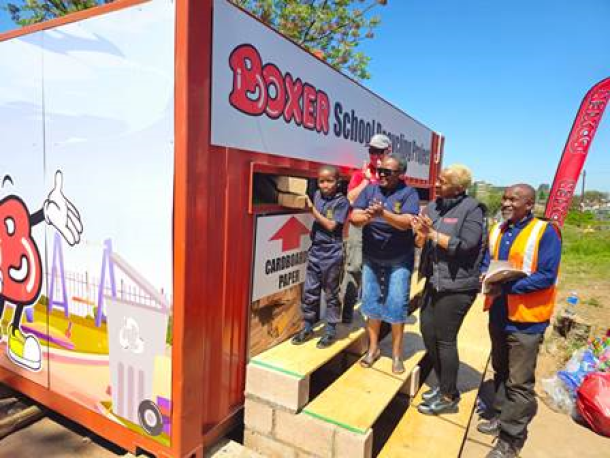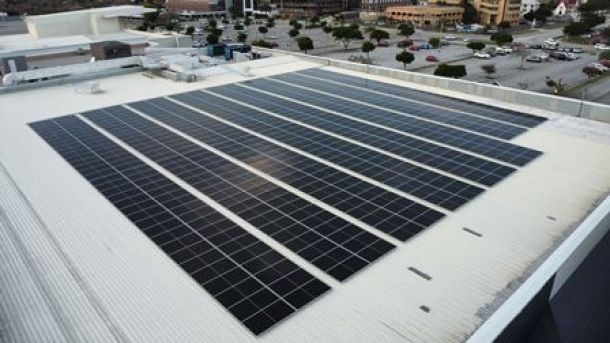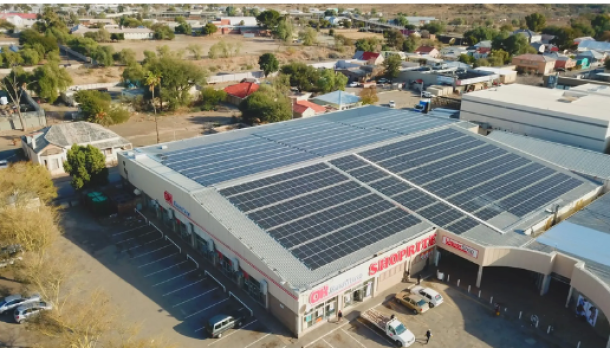Tackling South Africa’s food waste problem
According to the WWF about a third of our food in South Africa ends up at the dump. Can we really afford that fact in a country gripped by drought and hunger? The Consumer Goods Council of South Africa is spearheading a network to reduce food waste and is appealing to stakeholders to participate in an upcoming dialogue.
About 90% of waste in South Africa is disposed of to landfills, where the food-waste component leads to the production of methane gas and carbon dioxide. Successfully cutting food loss and waste is a chance to turn around severe food insecurity felt by significant portions of the population.
Why food waste in South Africa is a problem
· In South Africa, 10 million tonnes of food go to waste every year. That’s a third the 31 million tonnes produced annually in South Africa.
· Of this, fruits, vegetables and cereals account for 70% of the wastage and loss primarily throughout the food supply chain – from farm to fork.
· The Council for Scientific and Industrial Research has valued this loss at R61.5 billion.
· The energy wasted every year in South Africa for producing food that is not eaten is estimated as enough to power the City of Johannesburg for roughly 16 weeks.
· The wasted embedded water would fill over 600 000 Olympic swimming pools – a massive waste for SA, the 30th driest country on the planet.
The Consumer Goods Council of South Africa (CGCSA) invites you to our upcoming dialogue. Help us create a network to reduce food waste and participate at the upcoming dialogue. This is a free event and feel free to forward this invitation to any stakeholder that may be interested in this dialogue.
To make this dialogue worth your while, we would request that you fill in the 2 minutes survey,which will assist and guide the discussions for different sectors.
Food Waste Dialogue taking place on 1st to 3rd April 2019
Let’s work together to collaborate and dialogue on challenges and best practices to achieve food waste reduction and prevention in line with the sustainable development goals (SDG 12.3). Join us as we come up with industry voluntary agreements towards reducing food waste in our country. Please note that the dialogue is a free event and will be running for three days. However, the days are divided as follows:
Day 1 – Government officials ONLY
Day 2 – All in the Food Sector Welcome
Day 3 – All in the Food Sector Welcome
Nomination forms may be sent to Sibulela Ngeniswa at
News Category
- International retailers
- On the move
- Awards and achievements
- Legislation
- Wine and liquor
- Africa
- Going green
- Supplier news
- Research tools
- Retailer trading results
- Supply chain
- Innovation and technology
- Economic factors
- Crime and security
- Store Openings
- Marketing and Promotions
- Social Responsibility
- Brand Press Office
Related Articles

Boxer creates sustainable income for school thr...

Woolworths invests over R17,5 million in renewa...

Shoprite joins City of Cape Town renewable ener...

Pick n pay upcycles air-conditioning systems, s...


